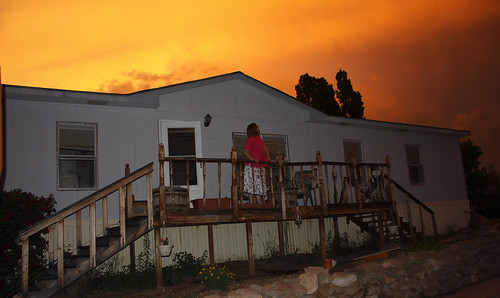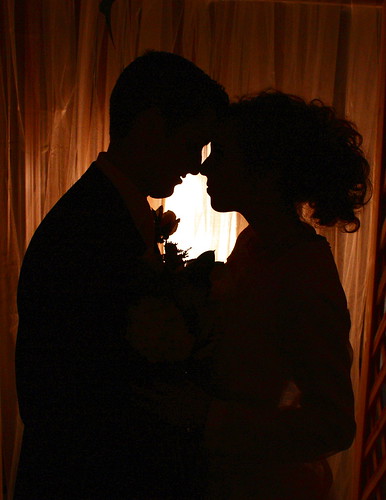I recently read an
article in the N. Y. Times about money and happiness that drastically changed my world view about money, possessions and happiness. These topics are clearly related to several important gospel principles, so I thought that I would share some thoughts about the article, and the gospel implications of these ideas.
In the Church, we have several common platitudes about money, such as
the love of money is "the root of all evil," or that "money can't make you happy." I believe that these statements are only partly true, and the issues revolve around what we mean by "money."
It has often been said that time is money. There is a large amount of truth to this, and no one would argue that time (properly spent) can't make us happy. I believe that it is actually THINGS (or the pursuit of material possessions) that can't make us happy. On the other hand, relationships can and do make one happy. We can clearly spend our time on either acquiring possessions, or on building relationships. One can make us happy, while the other can not.
The article claims that studies have shown that while there is no correlation between wealth (the amount of money we have) and happiness, there is a correlation between spending habits and happiness. Most in the world would say that if money isn't making you happy, then you don't have enough of it. However, if the article is correct, then this would lead to the astonishing conclusion that if money isn't making you happy, then you aren't spending it right! You likely have enough money for your needs (and for your happiness) if you just spent it right.
If we spend our time/money acquiring things that we never use because we are too busy making money to buy more things, then money/time will not make us happy. On the other hand, if we spend our time/money making our relationships better then money can make us happy. Thus, the difference between those who are happy and those who are not is all about their priorities.
How does one spend money on relationships rather than on possessions? The real question is how we spend our time (remember, time is money). One telling example in the article is of a couple who were house shopping, and who had the choice between buying a larger/nicer home, or buying a home next to an attractive hiking trail. The article claims that studies have shown that we become "used" to our physical environment, and that after time, changes in the environment (larger home etc) have no measurable impact oh happiness. On the other hand, changes in behavior (especially relationship building behavior such as going on long walks with your spouse) do make us happy. Thus, the couple opted for the simpler home next to the hiking trail, and have made use of the train consistently ever since. They believe that this choice has directly lead to their being happier.
The article claims that studies have shown that people who spend their money on "conspicuous consumption" are not happy, while people who spend their money on "fishing poles," "sports equipment," "back yard grills," or "family vacations" do tend to be happier, because, fundamentally, they are spending their money on
experiences (or things that can be used to build experiences) and not on
possessions. Luckily, these experience building things are not the most expensive items in our budget. The suggestion is that if we want to be happier, perhaps we should buy a smaller car, and go on a vacation, or buy cheaper clothes and save for a backyard grill, and then spend time with our family hanging out in the back yard, or perhaps we should get a less well paying job that provides us with more time to spend at home with our family.
I cannot recommend the N. Y. Times article enough. However, there is a doctrinal reason for these observations. The article's advice (which seems so revolutionary to the world) has been the advice of the Church for years, and it is based on several doctrinal principles:
God's work and glory is to bring to pass the immortality and eternal life of his Children (
Moses 1:39). His plan revolves around individuals, not around things. Money and time both have value, but only when they are spent upon people, relationships, and building the kingdom rather than spending money on things. "Wherefore, do not spend money for that which is of no worth, nor your labor for that which cannot satisfy." (
2 Ne. 9:51).
The purpose of wealth (money) is specified in
Deuteronomy 8:18, where the Lord tells us that when we become rich we should "remember the Lord thy God: for it is he that giveth thee power to get wealth, that he may establish his covenant which he sware unto thy fathers." This is similar to what Jacob famously said "But before ye seek for riches, seek ye for the kingdom of God. And fter ye have obtained a hope in Christ ye shall obtain riches, if ye seek them; and ye will seek them for the intent to do good—to lothe the naked, and to feed the hungry, and to liberate the captive, and administer relief to the sick and the afflicted" (
Jacob 2:18-19).
See also
2 Ne. 26:31,
2 Ne. 9:50-51.



